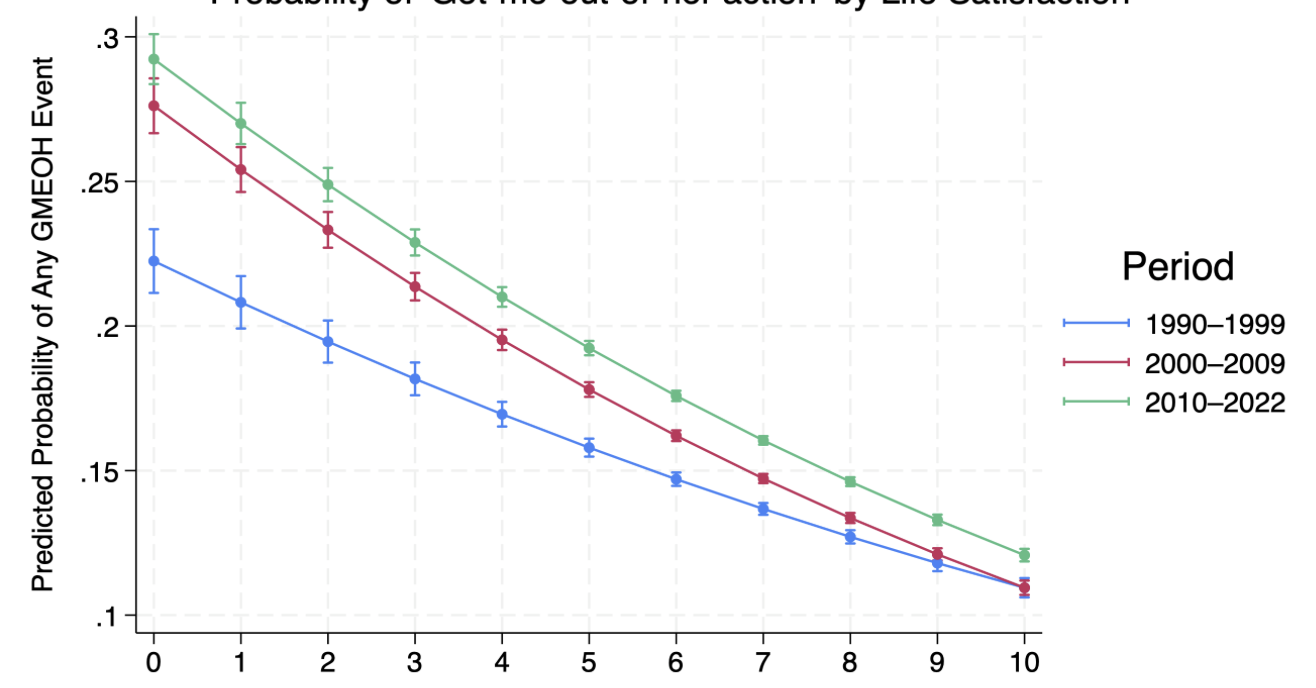People doing work in or tangentially connected to EA often have a lot of tasks on their plate. From organizing events/clubs to being a student or autodidact, to working on a series of often complex projects, there is a lot of work to be done. Given the plurality of tasks at hand and different forms of learning, I doubt there will be a one size fits all note system - especially when we consider how individual of a process note-taking often is. But I still feel like it would be really useful to share what systems people use down below.
I am a current undergraduate student and Cornell EA president, along with running my own X-Risk Communication company. There's a lot of learning to keep track of and I would love any recommendations from the EA community on existing systems they use for note-taking, idea generation/exploration, writing, and recall.
The current state of my note-taking system is a mix of Evernote, google docs, PDF annotation tools, and obsidian for building a slip box but if anyone has a more delineated process for learning --> note taking --> ease of use/application in projects I'd love to hear it down below! Emphasis on PDF annotation integration!



I use Notability on iPad for the majority of my notes. It's free now, organising features are extensive enough for my use case and it auto-backups to Google Drive as PDF. GoodNotes is an alternative.
Other than that, I use Notes on iOS sort of as a "slip box" and Notion for more tabular/structured data (though beware of privacy concerns with Notion).